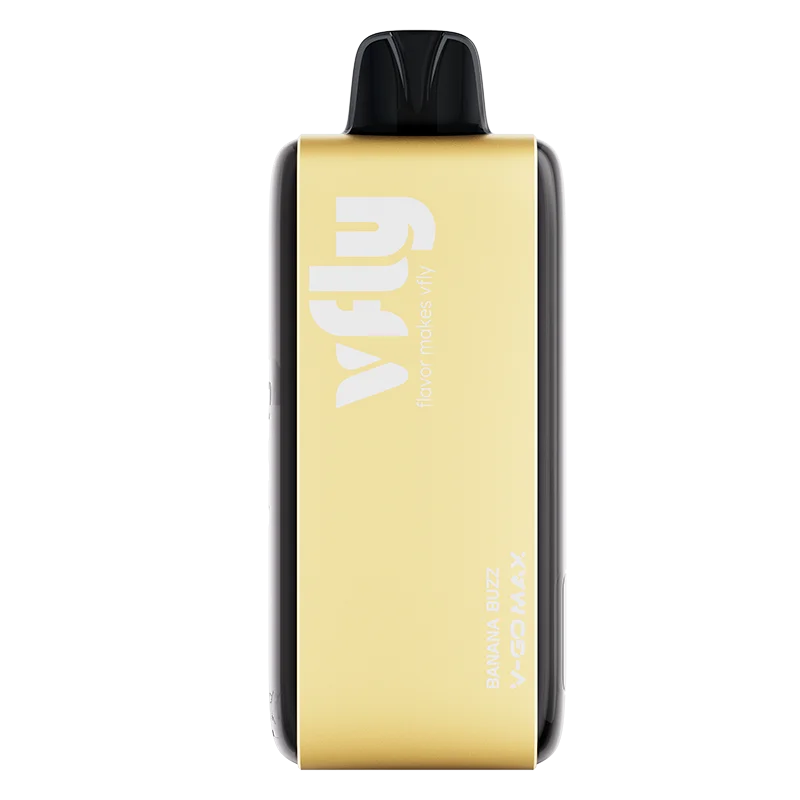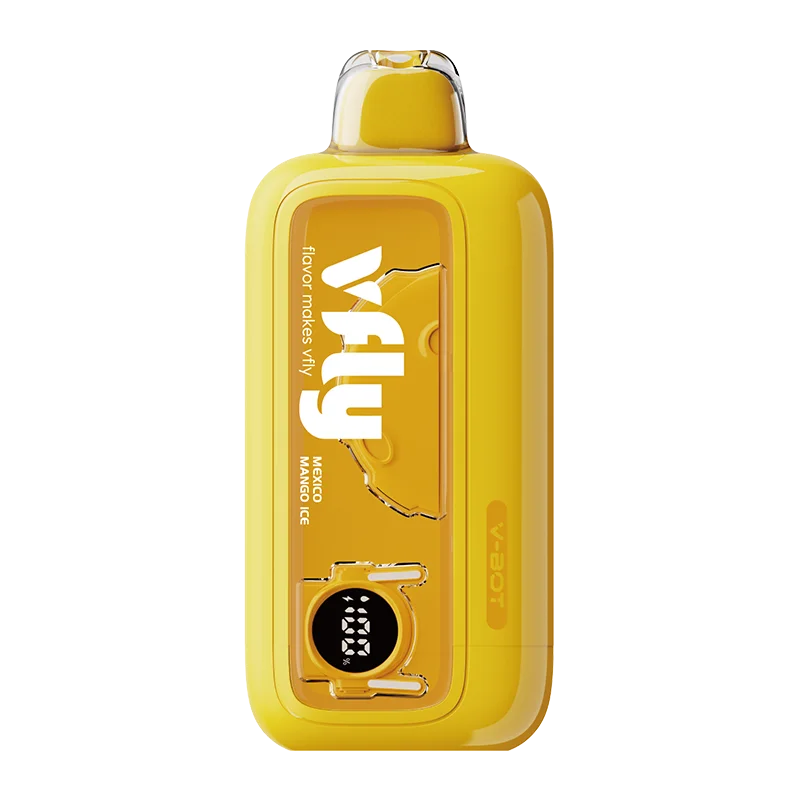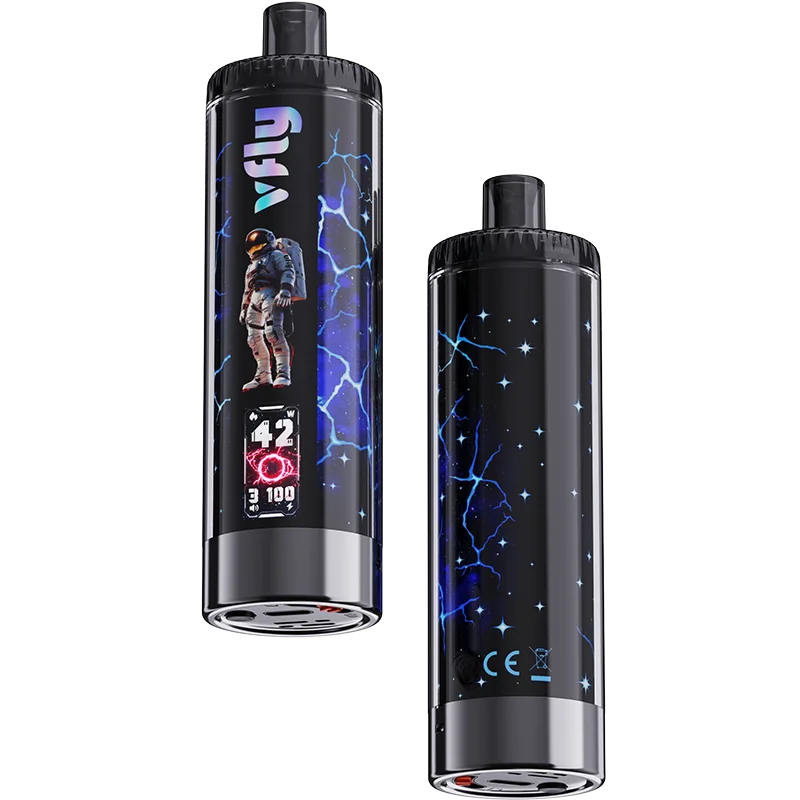Can Vaping Cause Hiccups? Discover the Hidden Connection
Have you ever found yourself suddenly battling a bout of hiccups after taking a puff from your vape device? If so, you're not alone in pondering, "Can vaping cause hiccups?" This seemingly odd occurrence has prompted discussions among many vape enthusiasts. In this comprehensive exploration, we'll check out why hiccups from vaping happen, what roles vape ingredients play, and how certain vaping behaviors might contribute to this reflex.

Can Vaping Cause Hiccups?
Yes, vaping can indeed trigger hiccups to some extent. This peculiar reaction occurs due to the interaction between vaping and the body's physiological processes, particularly those involving the diaphragm and the respiratory system. When vaping, the action of inhaling vapor can stimulate nerves that control the diaphragm, leading to involuntary contractions known as hiccups.
Does Nicotine Cause Hiccups?
When dissecting the link between vaping hiccups and their triggers, nicotine frequently appears in the spotlight. In essence, while nicotine is not the sole culprit for hiccups in every instance of vaping, it is a significant factor.
1. Nicotine Stimulation
Nicotine primarily affects the nervous system and muscle function by stimulating the release of various neurotransmitters. These chemical messengers can alter normal bodily functions, and in some cases, lead to the sudden spasm of the diaphragm that causes hiccups. When nicotine from ingesting through vaping stimulates the phrenic nerve, it can cause the diaphragm to behave erratically, leading to the quick, repetitive contractions characteristic of hiccups.
2. Concentration Matters
High nicotine levels in e-liquids are more likely to cause hiccups because higher concentrations can provoke more intense reactions from the nervous system and the diaphragm. The immediate hit of high nicotine can be too much for some vapers, leading to a stronger throat hit and potential discomforts such as hiccups.
3. Individual Sensitivity
It’s also worth noting that individual responses to nicotine can vary significantly. For some, even a moderate amount of nicotine can be enough to trigger hiccups, while others might not experience the same reaction under similar circumstances.

Why Does Vaping Cause Hiccups?
Understanding why vaping causes hiccups involves looking at the physical and chemical interactions that occur during vaping. Several factors contribute to this unexpected reaction, each related to the specific attributes of the vape device, the ingredients in the vape juice, and the individual's vaping technique.
1. Swallowing Air
It's a phenomenon known as aerophagia - inadvertent swallowing of air, which occurs particularly with new vapers or those who switch to high-powered devices. High-powered devices can produce a larger vapor volume, causing some individuals to inhale more sharply or deeply than necessary. Excess air intake can distend the stomach, irritate the diaphragm, and trigger hiccups.
2. Nicotine
As discussed, nicotine can exacerbate the frequency of hiccups by stimulating the release of neurotransmitters that can disrupt the normal function of the diaphragm.
3. Propylene Glycol and Throat Hit
Another ingredient in many e-liquids, propylene glycol (PG), is noted for enhancing the "throat hit" of the vapor, which can sometimes shock the throat and diaphragm, leading to spasms that manifest as hiccups. It's why e-liquids with a higher PG ratio are more often associated with this issue.

4. Behavioral and Lifestyle Factors
- Consumption of Carbonated Beverages
Soft drinks, sparkling water, and other fizzy drinks increase the gas amount in the stomach. The gas can expand the stomach, pushing against the diaphragm and triggering hiccups. When combined with vaping, which may also involve swallowing air, the effect can be compounded, leading to a higher likelihood of hiccups.
- Talking While Vaping
Talking while inhaling vapor means the mouth and throat are open for longer periods, increasing the chance of air entering the esophagus and stomach. The air buildup can stimulate the hiccup reflex as the body tries to expel unwanted air from the stomach.
- Eating Habits
Eating habits, particularly eating quickly or consuming large meals before vaping, can also contribute to hiccups. A full stomach puts pressure on the diaphragm, any additional air swallowed during vaping only exacerbates the pressure, making hiccups more likely.
- Physical Posture During Vaping
Vaping while lying down or slouching can affect how air travels through the body and how the stomach processes the intake, which can facilitate the buildup of swallowed air or stress the diaphragm, both of which can trigger hiccups.
- Stress and Anxiety
When stressed, people often breathe more rapidly and shallowly — patterns that can be mirrored in vaping behavior, inciting irregular air intake and potential hiccups.
5. High Power Settings
Using high-power settings on vaping devices may affect how deeply one inhales. The more intense inhalation required for these e-cigarettes can contribute to faster and more frequent air swallowing, resulting in hiccups.
6. Vaping Technique
- Inhalation Method
A common mistake is inhaling too quickly or sharply since this rapid inhalation forces more air into the lungs, which can inadvertently be swallowed. Swallowed air accumulates in the stomach, causing it to expand and then irritates the diaphragm, which sits just above the stomach and can trigger hiccups.
- Puffing Frequency
Frequent, consecutive vaping without adequate breaks between puffs can also contribute to hiccups. Continuous vaping increases the chance of swallowing air repeatedly, compounding the irritation to the diaphragm.
- Drag Duration and Depth
Long, deep drags can exacerbate the amount of air swallowed. While deep inhalation is often praised for providing a more satisfying throat hit or a stronger nicotine effect, it's this same deep inhalation that can lead to more air entering the stomach.

How to Avoid Hiccups When Vaping?
Be mindful of how, when, and what you vape, to mitigate the frequency of hiccups during vaping sessions and focus more on the pleasure it provides.
Ⅰ. Adjust Your Vaping Technique
Improving your inhalation technique is a fundamental step in avoiding vaping hiccups. Aim to take slower, more measured drags, and moderate their speed and depth, to reduce the amount of air that enters your stomach.
Ⅱ. Mind the Nicotine Concentration
If you notice a pattern of hiccups when using high-nicotine vape juices, switching to a lower strength may help. Additionally, using e-liquids with a balanced ratio of propylene glycol (PG) and vegetable glycerin (VG) can reduce the harshness of the throat hit and possibly decrease the likelihood of triggering hiccups.
Ⅲ. Stay Hydrated, But Avoid Carbonated Drinks
Hydration is essential when vaping, as dryness in the throat can enhance the irritation caused by vaping. However, steer clear of carbonated beverages while vaping. Opt for still water or non-carbonated beverages to keep hydrated without the added risk of hiccups.
Ⅳ. Regulate Device Settings
Try setting your vaping device to a lower power output to generate a more manageable amount of vapor, making it easier to take gentle, controlled puffs and thus decrease the likelihood of swallowing air.
Ⅴ. Take Breaks Between Puffs
Pausing for a few moments between puffs allows your body to process the vapor while maintaining a normal breathing rhythm and reduces the risk of hiccups.
Ⅵ. Practice Correct Posture
An upright posture helps maintain proper lung and diaphragm alignment, reducing undue pressure on these areas. Therefore, vaping while sitting upright can minimize the risk of air swallowing and stomach distension.
Ⅶ. Manage Eating and Vaping Times
Allow some time for digestion before you vape, especially after large meals, to decline the chances of triggering hiccups.

In conclusion, while it may seem unusual, the question "Can vaping cause hiccups" has a definitive affirmative answer due to influencing factors ranging from nicotine content and inhalation techniques to the type of e-liquids used and lifestyle behaviors. After understanding and adjusting these elements, vapers can effectively reduce or eliminate the occurrence of hiccups, enhancing their overall vaping experience.



